Overview of Cancer Treatment in Mexico

Whether you're looking for standard treatments like chemotherapy or surgery, or you're interested in exploring advanced therapies like immunotherapy or integrative medicine, Mexico's healthcare landscape is expanding to meet a broad spectrum of needs.
This guide will delve into the specifics of what's available, address common questions, and help you understand why medical tourism for cancer treatment in Mexico is a path many are choosing for their health journey.
What types of conventional cancer treatments are available in Mexico?
In Mexico, patients have access to all the primary forms of conventional cancer treatment that are standard globally. This includes surgical oncology, chemotherapy, radiation therapy, and targeted therapy. These treatments are delivered in well-equipped hospitals and specialized oncology centers, primarily in major cities, which adhere to international medical standards.
Are there advanced or innovative cancer therapies offered in Mexico?
One prominent advanced therapy available is immunotherapy, which harnesses the body's own immune system to recognize and destroy cancer cells. This treatment has shown significant promise for various types of cancer and is offered in several specialized centers across Mexico.
Furthermore, some leading Mexican cancer centers are adopting technologies like advanced diagnostic imaging (PET-CT, MRI with diffusion-weighted imaging), liquid biopsies, and sophisticated brachytherapy techniques for radiation. While proton therapy is still limited to a few highly specialized centers, the commitment to integrating global advancements into cancer treatment in Mexico is evident.
How does the cost of cancer treatment in Mexico compare to other countries?
The cost difference can be substantial, with many procedures and therapies costing anywhere from 30% to 70% less than in North American or European countries.
This affordability stems from several factors, including lower operational costs for hospitals, reduced administrative overheads, and differences in pharmaceutical pricing.
To illustrate the potential savings, consider these general comparisons:
| Treatment Type | Estimated Cost in US (USD) | Estimated Cost in Mexico (USD) | Potential Savings |
|---|---|---|---|
| Chemotherapy Cycle | $10,000 - $30,000+ | $3,000 - $10,000 | 50% - 70% |
| Major Cancer Surgery | $50,000 - $150,000+ | $15,000 - $50,000 | 60% - 70% |
| Radiation Therapy (per course) | $20,000 - $50,000+ | $7,000 - $20,000 | 50% - 65% |
What should I know about the quality and safety of cancer clinics in Mexico?
When considering cancer treatment abroad, concerns about quality and safety are paramount. It's important to understand that the Mexican healthcare system is diverse.
While some facilities may not meet international standards, many hospitals and clinics, especially those catering to medical tourists, are highly modern, well-regulated, and committed to patient safety and quality care. It's crucial to distinguish between facilities and conduct thorough research.
Reputable facilities will also have robust patient safety protocols, infection control measures, and follow-up care plans in place. While due diligence is always recommended, the notion that all medical care in Mexico is subpar is a misconception, especially concerning facilities that specifically serve the medical tourism sector for specialized treatments like oncology.
What are the benefits of choosing Mexico for cancer treatment?
Opting for cancer treatment in Mexico presents a unique combination of advantages that can be highly beneficial for many patients. Beyond the immediate appeal of cost savings, there are several other compelling reasons why Mexico has become a leading destination for medical tourists seeking oncology care.
Are there specific hospitals or specialists for cancer in Mexico?
Yes, Mexico is home to a number of reputable hospitals and specialized clinics that focus specifically on oncology and cancer treatment. These facilities are often concentrated in major urban centers and border cities, making them accessible to both domestic and international patients. Identifying the right institution and specialist is a key part of the medical tourism process.
Cities like Tijuana, due to its proximity to the U.S. border, has numerous clinics offering both conventional and integrative cancer treatments. Monterrey and Guadalajara are also known for their advanced private hospitals with comprehensive oncology departments.
Mexico City, as the capital, naturally hosts several top-tier medical centers with multidisciplinary teams dedicated to cancer care. These hospitals often feature state-of-the-art diagnostic imaging, surgical suites, and specialized radiation therapy units.
Working with a medical tourism facilitator can be invaluable in navigating these options, as they often have established relationships with accredited clinics and highly regarded specialists, helping you find the most suitable care for your specific needs for cancer treatment in Mexico.
Ready to explore your options for cancer treatment in Mexico? Visit PlacidWay to connect with top medical facilities and specialists, and receive personalized guidance for your medical journey.


.png)
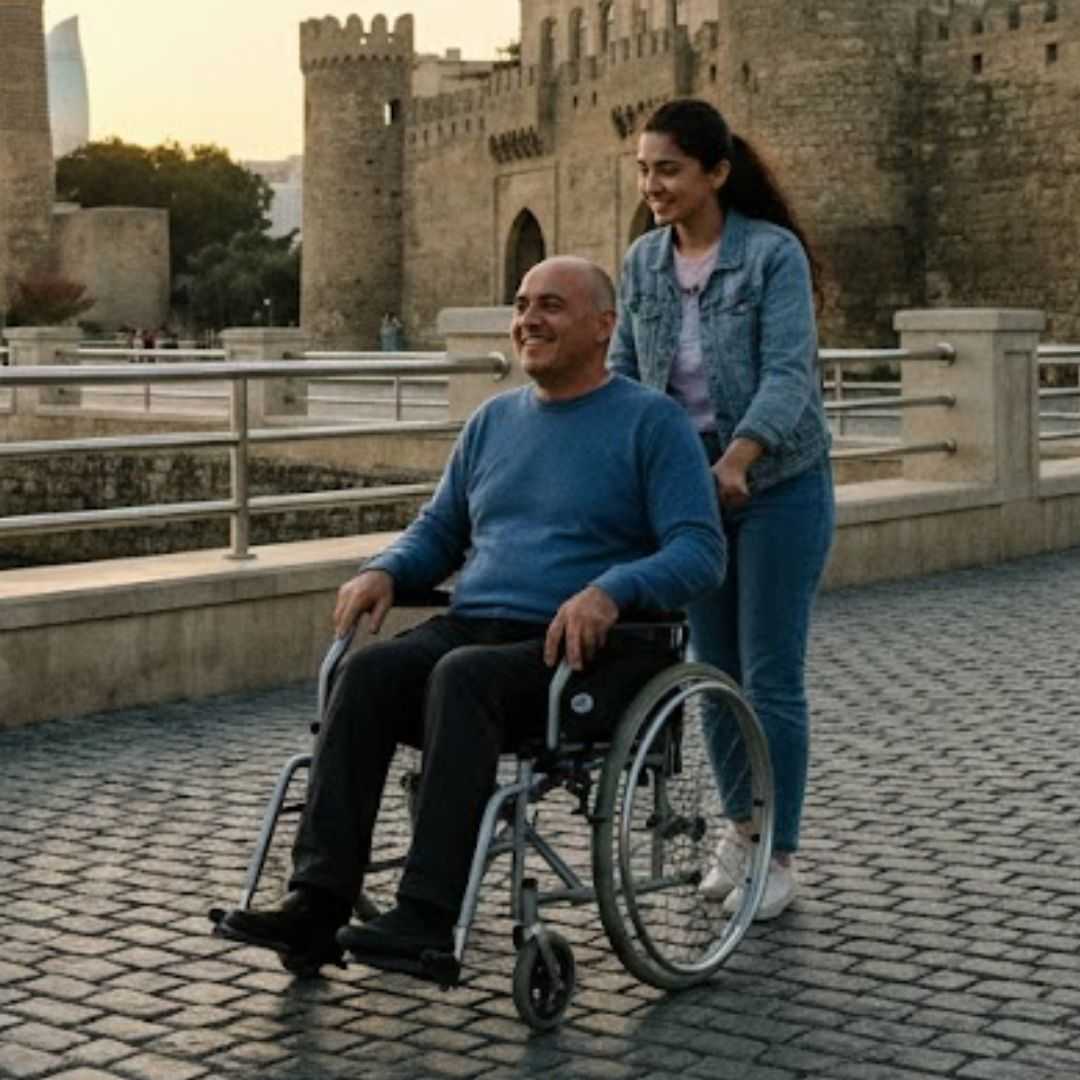
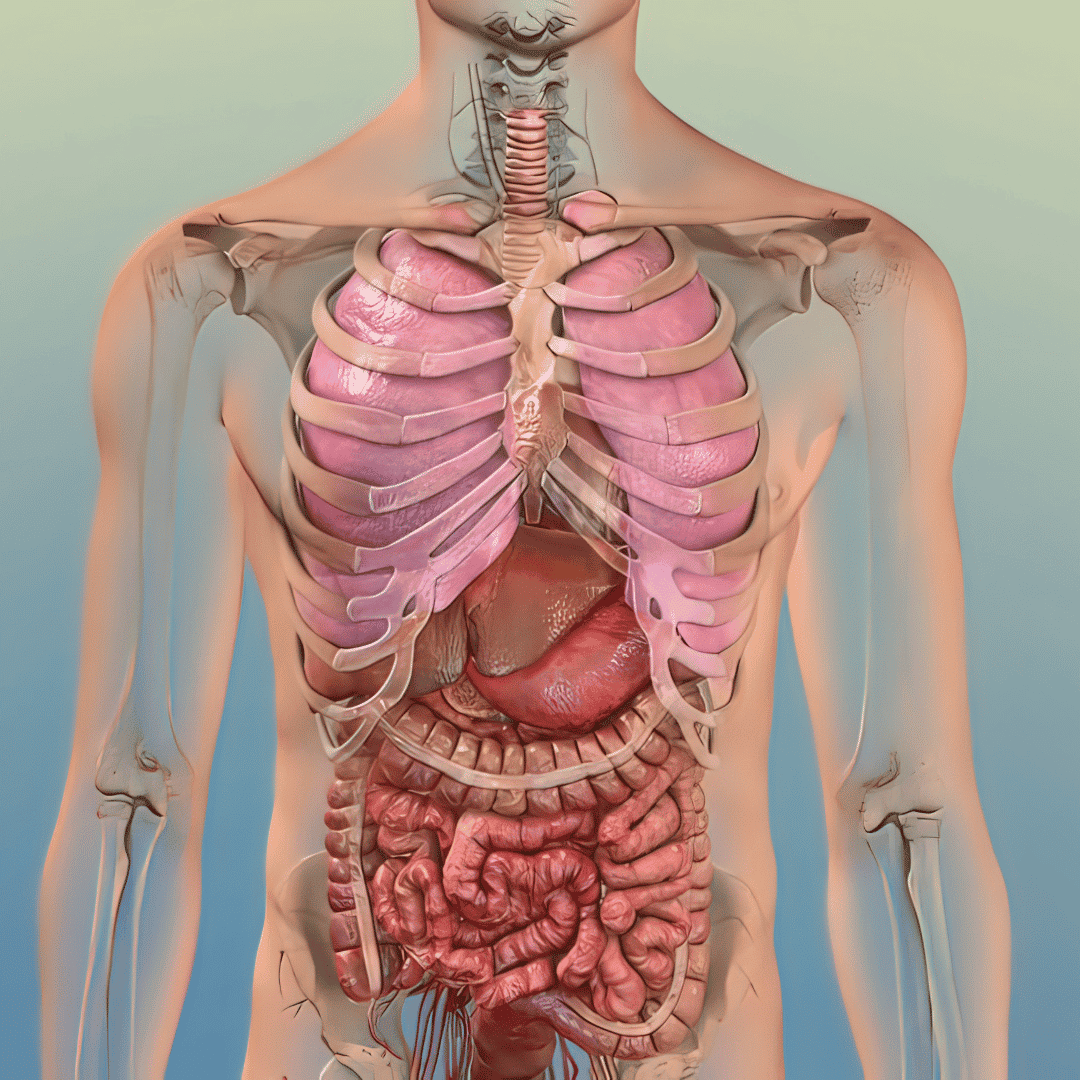






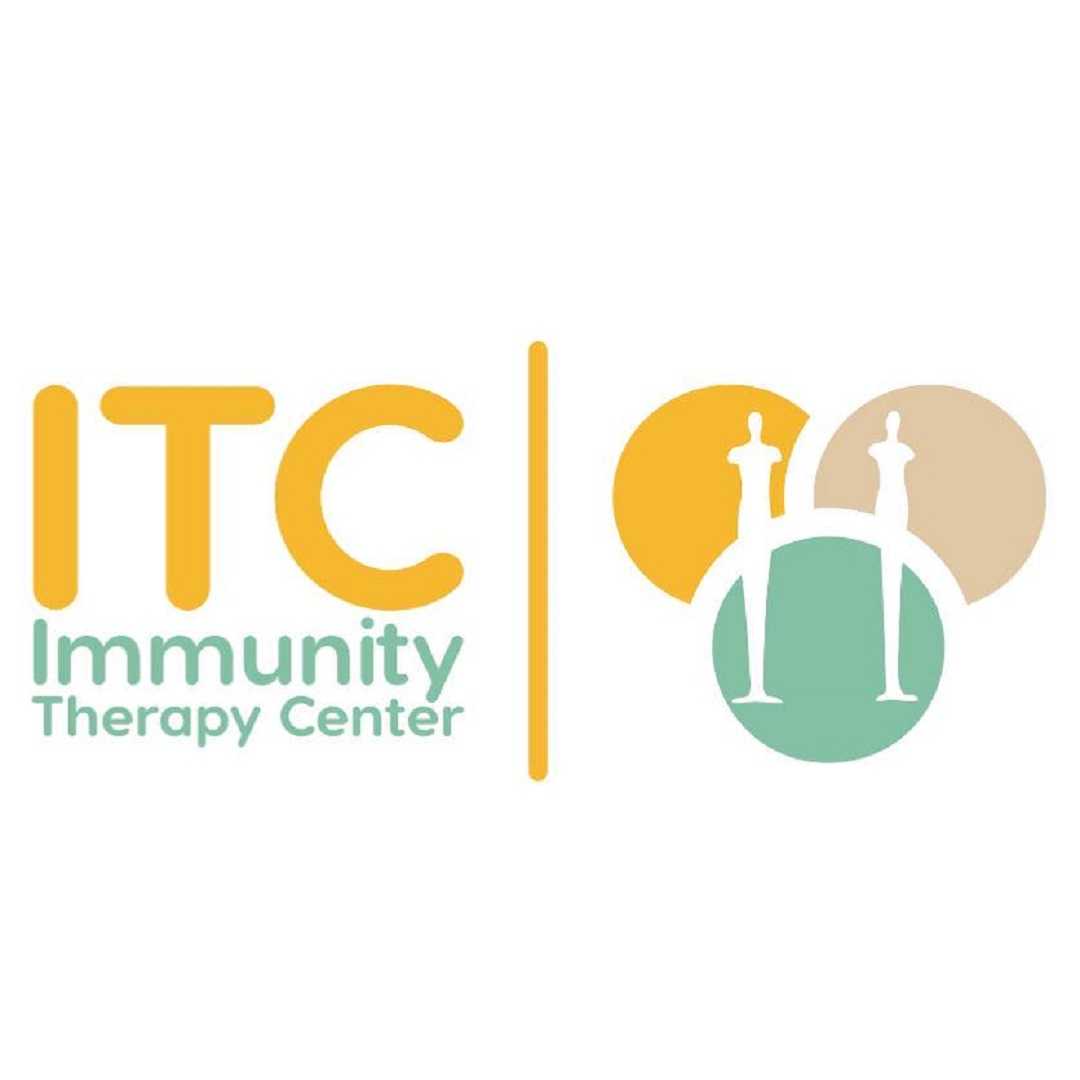
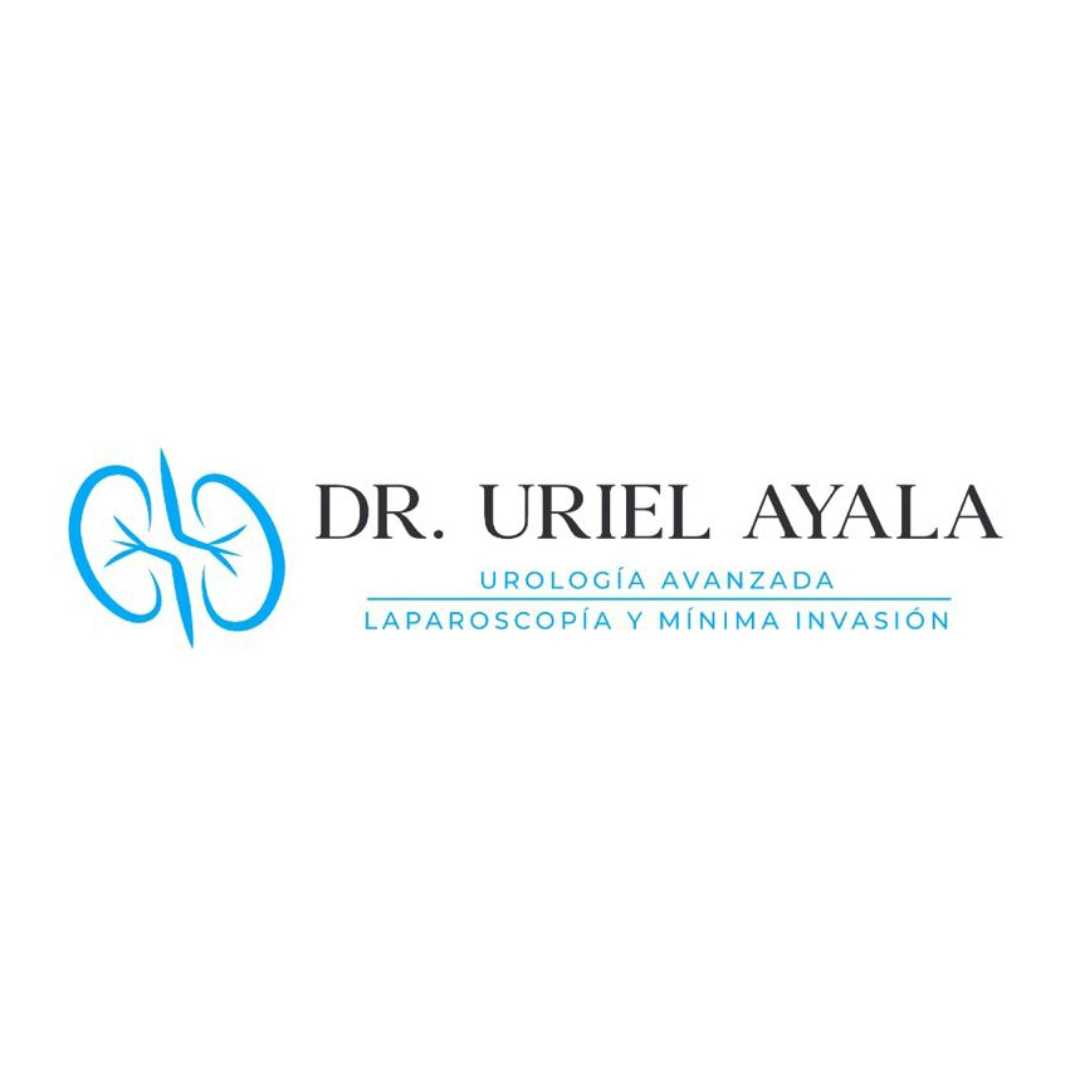

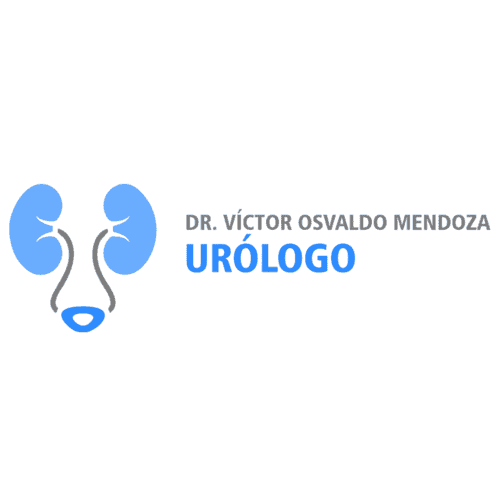


Share this listing